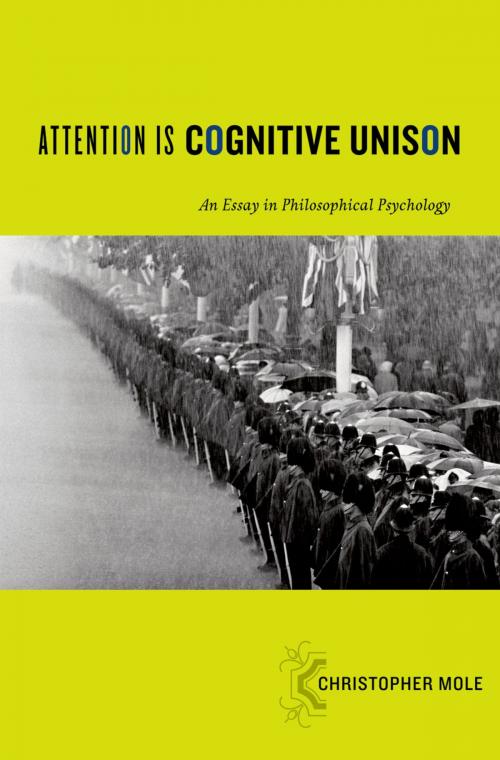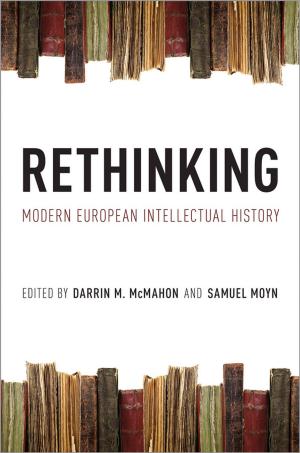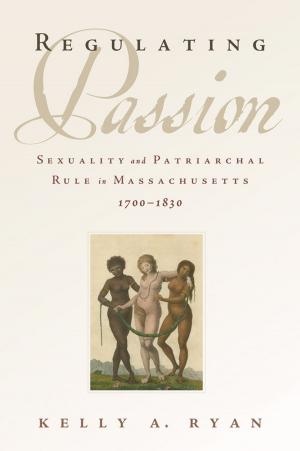Attention Is Cognitive Unison
An Essay in Philosophical Psychology
Nonfiction, Health & Well Being, Psychology, Cognitive Psychology, Religion & Spirituality, Philosophy, Mind & Body| Author: | Christopher Mole | ISBN: | 9780190452551 |
| Publisher: | Oxford University Press | Publication: | January 10, 2011 |
| Imprint: | Oxford University Press | Language: | English |
| Author: | Christopher Mole |
| ISBN: | 9780190452551 |
| Publisher: | Oxford University Press |
| Publication: | January 10, 2011 |
| Imprint: | Oxford University Press |
| Language: | English |
Some psychological phenomena can be explained by identifying and describing the processes that constitute them. Others cannot be explained in that way. In Attention is Cognitive Unison Christopher Mole gives a precise account of the metaphysical difference that divides these two categories and shows that, when current psychologists attempt to explain attention, they assign it to the wrong one. Having rejected the metaphysical approach taken by our existing theories of attention Mole then develops a new theory. According to this theory the question of whether someone is paying attention is not settled by the facts about whichprocesses are taking place. It is settled by the facts about whether the processes that serve that person's task-- whichever processes those happen to be--are processes that operate in unison. This theory gives us a new account of the problems that have dogged debates about the psychology of attention since the middle of the twentieth century. It also gives us a new way to understand the explanatory importance of cognitive psychology's empirical findings. The book as whole shows that metaphysical questions have a foundational role to play in the explanatory project of cognitive psychology. This volume is of interest to anyone engaged in current debates in the philosophy of mind and perception, and in cognitive science generally.
Some psychological phenomena can be explained by identifying and describing the processes that constitute them. Others cannot be explained in that way. In Attention is Cognitive Unison Christopher Mole gives a precise account of the metaphysical difference that divides these two categories and shows that, when current psychologists attempt to explain attention, they assign it to the wrong one. Having rejected the metaphysical approach taken by our existing theories of attention Mole then develops a new theory. According to this theory the question of whether someone is paying attention is not settled by the facts about whichprocesses are taking place. It is settled by the facts about whether the processes that serve that person's task-- whichever processes those happen to be--are processes that operate in unison. This theory gives us a new account of the problems that have dogged debates about the psychology of attention since the middle of the twentieth century. It also gives us a new way to understand the explanatory importance of cognitive psychology's empirical findings. The book as whole shows that metaphysical questions have a foundational role to play in the explanatory project of cognitive psychology. This volume is of interest to anyone engaged in current debates in the philosophy of mind and perception, and in cognitive science generally.















